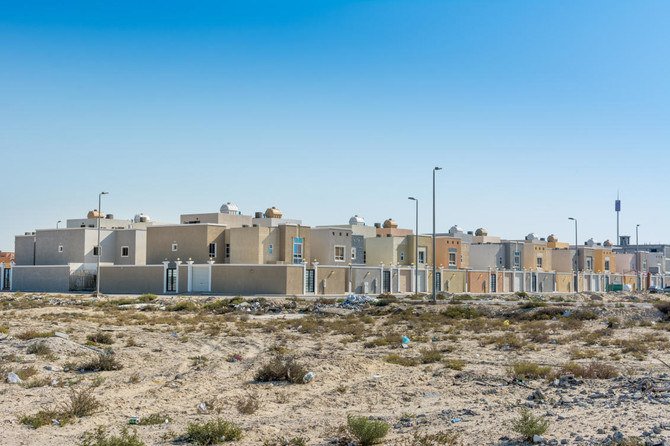
- ARAB NEWS
- 01 Jul 2025

Changes in lifestyle, growing technology adoption and the rise of millennials as major consumers is shifting the balance of power in consumer markets around the world. Saudi Arabia is no exception.
The Kingdom is facing a new age of choice and flexibility which is driving innovative offerings to consumers. In the real estate sector, this is being enabled by regulatory reforms and social changes, with demand driven by the new priorities of a connected young generation. Millennials — adults aged between 18 and 35 years who make up 70 percent of the Kingdom’s population — are now starting their careers and forming new households. They are expected to drive the current and future trends of Saudi Arabia’s real estate markets – and the industry needs to respond to their unfamiliar demands.
Millennials are digitally driven, having grown up amidst technology, and rely on it to provide convenience in their day to day life. Add to the mix that 58 percent of Saudi millennials have ambitions to start their own businesses, and the result is a generation dependent on technology to learn about the world, find inspiration, and manage their time and relationships.
Millennials are thriving in smaller communities and groups of common interests. They live for lifestyle experiences. They are also more environmentally and ethically conscientious than their forebears, and consider the impact of their choices. Evidently, there is an increase in appetite among Saudis to work and live in integrated communities that encompass retail and entertainment facilities.
However, as they make major life choices — marriage, starting a family and choosing a home — factors such as location, proximity to work and their social lives play an increasingly central role. According to a survey commissioned by Raza and conducted by YouGov that highlights consumer preferences living in the Kingdom, eight out of 10 people in Saudi Arabia would prefer to live in an integrated community. This is indicative of the Kingdom’s desire for dynamic living spaces and is a significant component of the increased introduction of integrated developments to Saudi Arabia’s real estate market.
Taking all these factors into consideration, we can see Saudi millennials driving an urban shift toward multi-family properties, mixed use facilities and eco-friendly dwellings that cater to work-live-play lifestyles. Property suitability is now pegged on its perceived ability to offer ease and convenience.
Integrated spaces provide a physical community that complements the digital communities created by the texting, snapping and posting generation. The recent KSA Office Occupier survey that was conducted by Raza, in partnership with JLL and CoreNET Global, found that over two-thirds of office workers in Saudi Arabia are willing to use public transportation to commute to work every day, if it is available. So besides saving on fuel, time and being environmentally friendly, walkable mixed-use complexes provide a central place to work, shop, eat, and hang out with their friends. We have seen employers in Saudi Arabia offering a more holistic workplace experience in recent years. The top must-have amenities selected by respondents of the KSA Office Occupier survey were recreational areas such as gardens, gyms and spas, in addition to a prayer room.
Design of spaces is evolving to provide a cost-effective resource that enables young talent to work effectively while collaborating with colleagues and clients. Office spaces for start ups or big organizations are becoming more open, less hierarchical and offering more shared spaces. Retail properties are increasingly destinations that offer immersive experiences by appealing to the human senses and creating unique memories. Doorstep delivery is the in thing for millennials and hospitality operator developers are switching to designs that provide bigger kitchens and packaging spaces to accommodate. Distribution warehouses are also moving closer to homes as delivery times become a competitive advantage.
Technology takes the lead in revolutionizing the industry as developers seek to integrate diverse services into open platforms to capture more customer data and deliver more effective services to tenants. Technology will enable landlords to enhance security, improve energy efficiency, deliver transportation solutions, increase service levels and connect tenant communities and retailers. Of course, all of these enhancements will be delivered through the millennials’ favored digital media and applications.